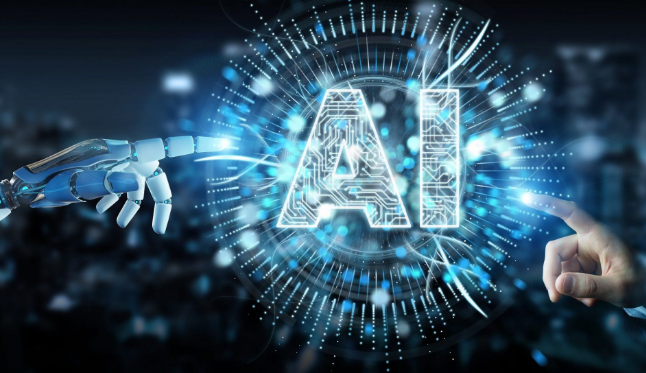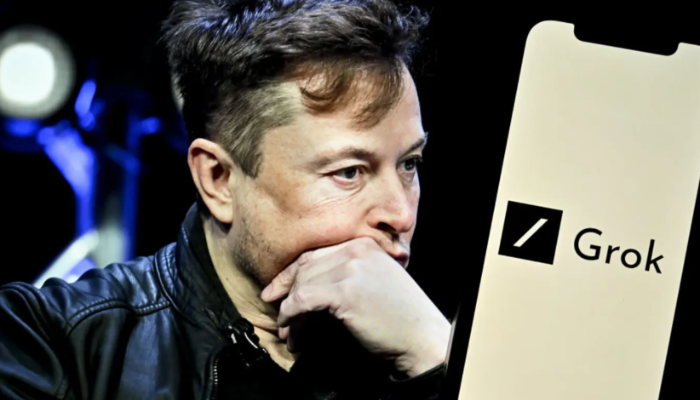
Indian graduates are proving to be highly employable in Artificial Intelligence (AI) and Machine Learning (ML), according to a recent report by Mercer Mettl. The study, which analyzed data from over 2,700 campuses and one million learners, found that AI and ML roles have the highest employability rate at 46.1%, making these fields the most promising for Indian graduates.
AI and ML: The Future of Indian Tech Talent
As industries worldwide embrace AI-driven solutions, Indian graduates are demonstrating strong adaptability and skills. While 50% of graduates possess soft skills necessary for AI and Generative AI collaboration, creativity remains a key area for improvement, with an employability rate of 44.3%. However, graduates show strengths in:
- Communication Skills – 55.1% employability
- Critical Thinking – 54.6% employability
- Leadership Abilities – 54.2% employability
- Learning Agility – 46% employability, crucial for keeping pace with evolving AI trends
Best Colleges & States for AI and ML Talent in India
The report also revealed variations in employability across different institutions:
- Tier 1 Colleges – Highest employability at 48.4%
- Tier 2 Colleges – 46.1% employability (particularly strong in UI/UX roles with 58.3%)
- Tier 3 Colleges – 43.4% employability
Among Indian states, Delhi leads with a 53.4% employability rate, followed by Himachal Pradesh and Punjab (51.1%). Uttarakhand (50%) and Jharkhand (49.6%) also show strong AI talent pools.
Gender Parity in AI & ML Careers
A significant insight from the study is that male and female graduates have equal employability in AI, ML, and Data Science roles. However, gender disparities still exist in software testing positions.
The Changing Job Market: What It Means for Graduates
The overall employability rate for Indian graduates in 2025 stands at 42.6%, a slight dip from 44.3% in 2023 due to evolving industry expectations. Despite this, technical roles in AI and ML continue to see growth as universities and students adapt to market demands.
According to Siddhartha Gupta, President of Mercer India, while technical skills are improving, soft skills take longer to develop, requiring a more sustained focus.
Conclusion: India’s Growing AI Workforce
As AI and ML adoption skyrockets across industries, India’s workforce is well-positioned to meet global demands. With continued skill development, especially in creativity and innovation, Indian graduates can play a leading role in shaping the future of artificial intelligence.







